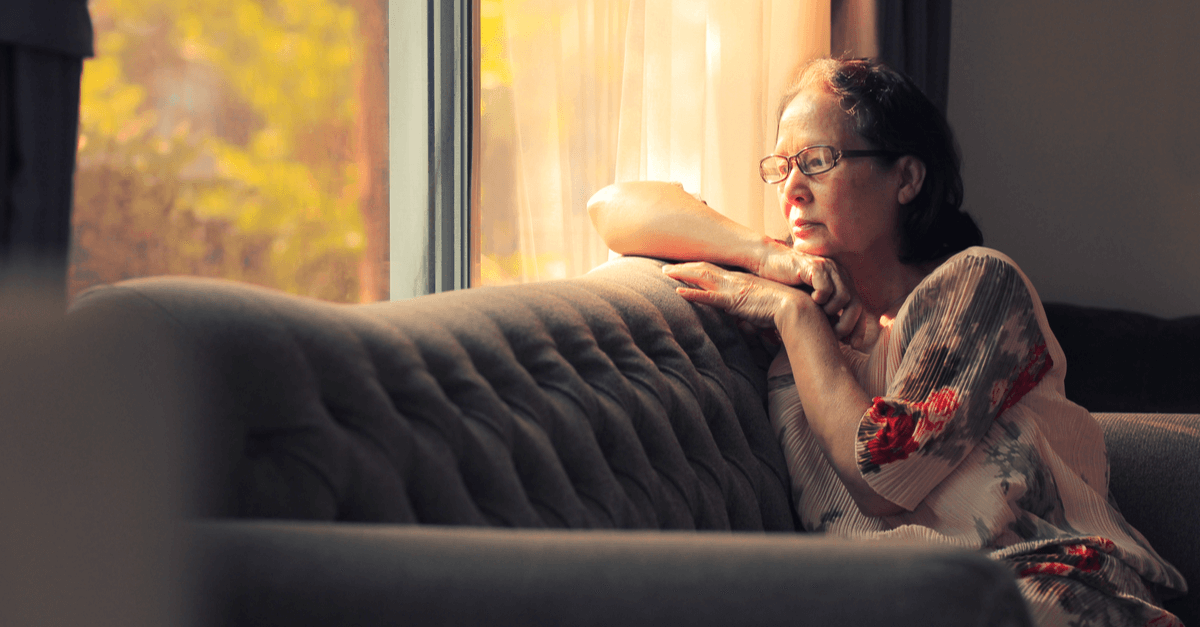Elder self-neglect occurs when an older person can no longer properly care for themselves. As a result, their health begins to deteriorate. Unfortunately, elder self-neglect is relatively common in some nursing homes with low quality staff. In these cases, families may be able to hold the nursing home and staff members legally accountable.
What is Elder Self-Neglect?
Elder self-neglect occurs when an older person cannot properly care for themselves, resulting in a decline in their health. An example of elder self-neglect may include an older individual who can no longer bathe and clean themselves without receiving any assistance from family or a nursing home staff member.
If an elder is chronically suffering from self-neglect, families may turn to nursing homes to find a solution. However, if neglect still persists while an elder is in a nursing home, the staff may be to blame. In these cases, families might be able to take action to hold the nursing home and the staff accountable for improperly caring for the elder.
Elder self-neglect is preventable. You can make sure that your loved one gets the care that they deserve by holding nursing home staff accountable. Elder self-neglect is a terrible reality for many living in nursing homes – but it doesn’t have to be.
Why Does Elder Self-Neglect Occur?
It is important to recognize that elder self-neglect does not happen solely from one factor. There are many different reasons that may cause elder self-neglect.
The following examples are all possible reasons for an elder self-neglect case:
- Alzheimer’s or dementia patients who have severe cognitive impairments may also not be able to care for themselves
- Older adults may become depressed and unable to care for themselves
- Physical impairments may make it harder for older adults to move, putting them at risk of accidental self-injury through accidents like falls
Although these are all possible beginnings of elder self-neglect, not all cases of elder self-neglect are the same.
In order to stay on top of any potential elder self-neglect cases, you want to make sure that you pay close attention to how your loved one looks and sounds during your nursing home visit. Pay attention to their surroundings to see if they sound disinterested and depressed – you could be saving their life.
What Are Some Signs of Self-Neglect in the Elderly?
There are several key signs of elder self-neglect that it is important to look for. You’ll need to keep an eye out for these potential signs if you are looking to prevent elder self-neglect.
Catching these signs can help you prevent elder self-neglect and keep your loved one safe:
- Checks left uncashed
- Electrical, plumbing, or heating inadequate or disconnected
- Extremely dirty residence
- Giving away all money or possessions
- House is extremely disorganized or cluttered
- Letting food sit out and go spoiled or refusing to eat
- Not allowing visitors into their residence
- Not dressing appropriately for weather conditions
- Refusing to seek medical care
If you notice any of these signs in your loved one, they could be an early indication of elder self-neglect. Make sure that you keep an eye out and stay aware of these potential risks.
Differences of Elder Self-Neglect and Nursing Home Abuse
Elder self-neglect really should not be occurring in nursing homes. Nursing homes are designed to meet the needs of older adults who are mentally or physically impaired.
However, other families in the past have noticed that their loved ones’ needs are not always met during the stays at nursing homes. Nursing home neglect continues to pose a health risk for many.
In 2021, a nursing home resident died after developing gangrene from an untreated ulcer. In this case, lawyers allege that a registered nurse — not the resident herself — failed to properly treat the ulcer before it worsened significantly. The nurse now faces criminal charges.
When you visit your loved one in a nursing home facility, make sure to be aware of their current situation. It is important to ask questions and look at how your loved one reacts to you. Are they taking care of themselves? Are they getting proper care from staff members? These questions can keep your loved one safe from elder self-neglect.
What To Do When an Elder You Love Is Self-Neglecting
You have options if someone that you love has started to show signs of self-neglect. You should immediately get them medical attention if necessary. You also need to assess the causes and determine the next steps to take so that this doesn’t happen again.
If the elder is self-neglecting, they may require more specialized care from another medical professional.
If the neglect stems from nursing home negligence, you need to take action to prevent your loved one from suffering more harm. This may involve moving them from the facility, reporting the suspected nursing home abuse to local authorities, and contacting a nursing home abuse lawyer to discuss your options.
Our website can help provide you with the options you need to hold nursing home facilities accountable if they are responsible for nursing home negligence. Get a free legal case review to learn more.

